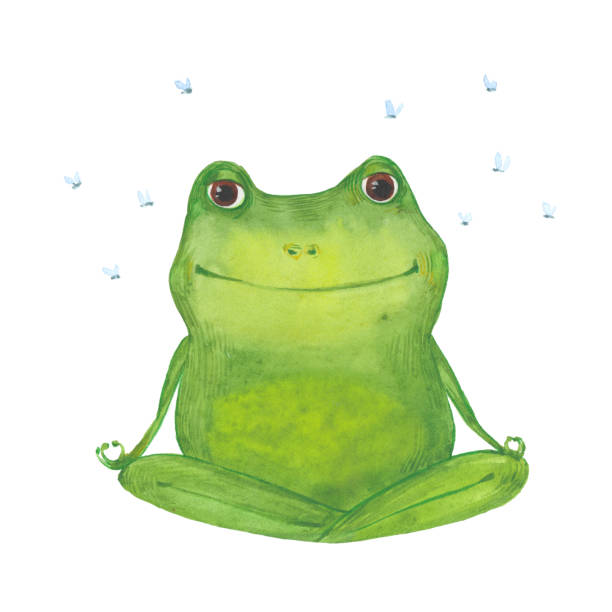It's not just a divide between strangers half a world away, but increasingly, it's becoming a divide between friends and neighbors. Maybe it's happened to you. You see posts by friends and family on social media and you ask yourself, "Who IS this person? It's not the person I've known for years. What has happened to them?" Their posts have become angrier and more reactionary. Meanwhile, you've become mellower, perhaps more politically correct. Maybe you've even "snipped" at each other in these online chats. People that you've long held as friends and loved ones suddenly seem to be at odds with you. Well, if this has happened to you then, you're not alone. The human divide is widening, not shrinking. It's striking close to home. But there is a fix, and that is good news! Empathy can be used to nurture individuals, relationships and even heal teams...whether it's work or play. But empathy is also a fragile thing. It needs constant care.
"Just 30,000 years ago, humans were unremarkable, medium-sized mammals—not particularly strong or fast, lacking sharp teeth, claws, and wings. We weren’t even the only smart ape; five other large-brained species shared the planet with us. But humanity did have something that set us apart: each other. More than any other species, sapiens worked together cooperatively. This helped us become super-organisms who quickly took over the planet," says Jamil Kazi in his book, The War for Kindness. And it does often feel like we're in a war with each other: human against human and human against nature. But humans do have a capacity for collaborative empathy to share, understand, and care for what others are feeling. "Empathy encourages generosity toward strangers, tolerance for people who look or think differently than you do, and commitment to environmental sustainability. Yet for all its benefits, empathy often goes missing just when we need it most. [T]hese days, the rules that encourage empathy are being broken. More than ever, humans are urban, isolated, and anonymous to each other. We meet irregularly, often in online spaces that privilege outrage and leave cruelty unpunished. We are increasingly tribal, and sometimes view outsiders not as human beings but as symbols of ideas and groups we fear and hate. And when we learn about tragedy, it’s often as an abstraction. We might hear about thousands of people affected by a disaster or civil war, but think of them only as faceless statistics, without any way to access their emotions." And I think we can all agree that these aren't the ideal conditions for empathy to flourish.
But there are a few human exercises that can utilize help your own empathy flourish. Think of these tips as the (plant) food that is desperately need in the world's soil right now to encourage the good stuff like empathy, to grow and blossom...a kind of Miracle-Gro that the world needs loads of right now. Empathy works as a weed-killer, too, helping to drown out hate and violence.
1. Meditation - "Contemplative practices such as loving-kindness meditation were developed specifically to help individuals sharpen their empathy, and an increasing amount of evidence suggests that they work."
2. Storytelling - "Where statistics can fail to move you, stories often succeed. They bring you into one person’s perspective, allow you to resonate with their joy and pain, and are steeped in humanity. In fact, even fictional stories help to empathize with real people." And as a writer and avid reader, I can agree with one, 100%. Books are magical things.
3. Friendship - "Empathy dissolves when we see the world in terms of “us and them,” but it recovers just as quickly when we return to “you and I.” Decades of research demonstrate that when people make close, personal contact with members of other groups, under the right conditions, they experience less prejudice. This is in part because they find it easier to empathize with that individual’s perspective and—by extension—with their group as a whole."
Everyone wants to be heard and accepted. The easiest way to achieve this through open dialogue. But talking only works when both parties agree to be civil and actually listen to the other's point of view. Talking may not solves all the problems but it does open doors. We won't, and can't expect, to change another's perspective. But being open to "hearing the other side" can go along way in improving empathy.
Knowledge is power. We've heard that saying a million times. I found this quote from Bill Bullard that says, "The highest form of knowledge is empathy." Want to be smart AND powerful? Empathy is the answer. It is transformative.
That does it for me today. Please stop by tomorrow for a look at the history of skateboarding, It's going to a lot of fun!
PEACE.

 RSS Feed
RSS Feed